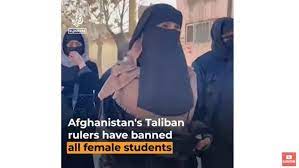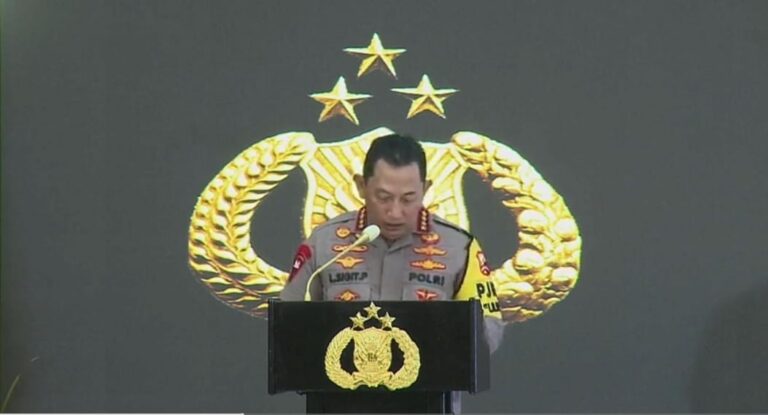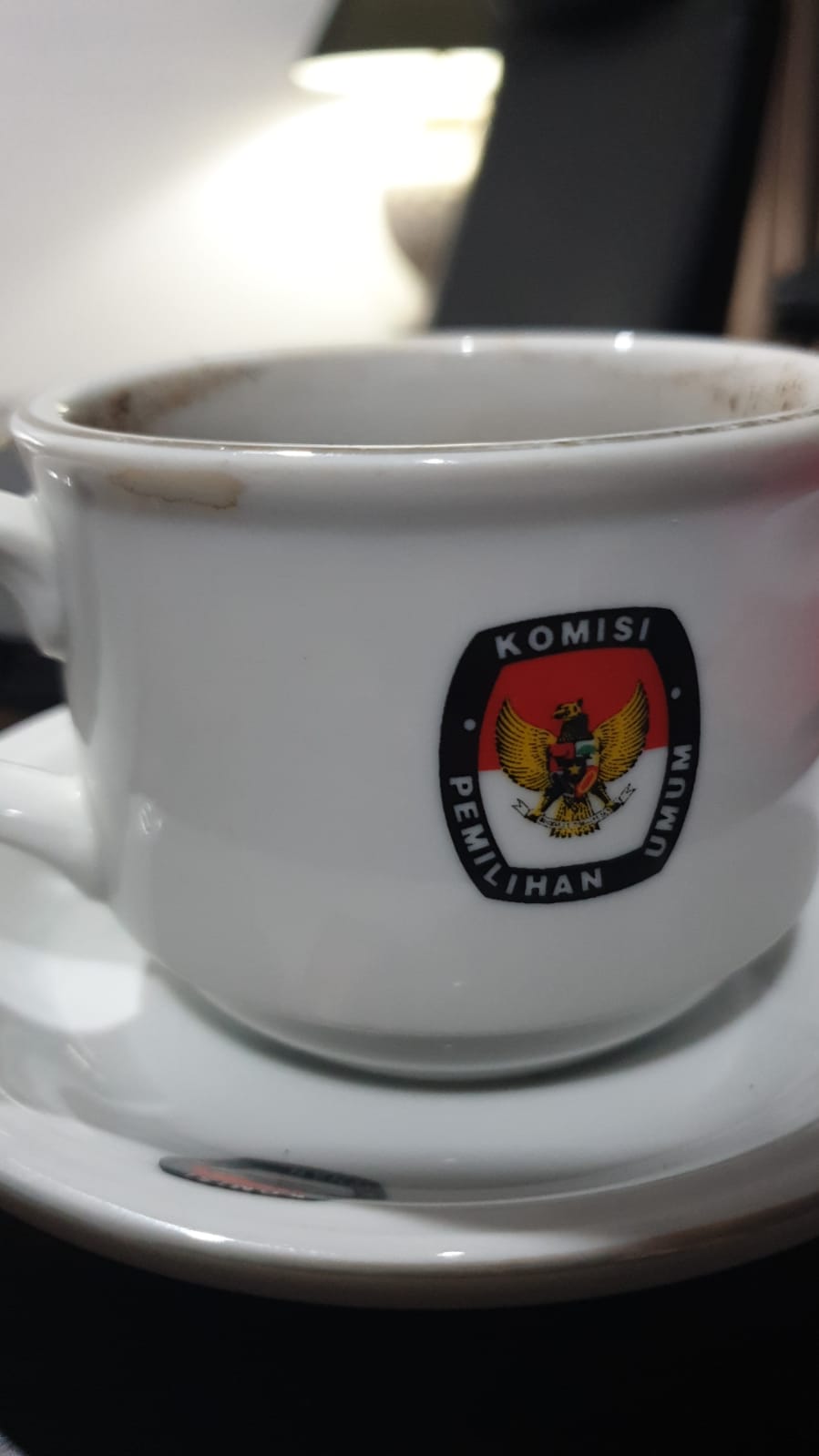
STRATEGIC ASSESSMENT. Indonesia’s outgoing president, Joko Widodo, brushed off a question about growing criticism that he is building a political dynasty as the end of his term draws near, saying the choice of leader should be left to the people.
Jokowi, as the president is popularly known, will complete his second and final term in October next year but the appointment of relatives to various political positions as a Feb. 14 election draws closer has raised eyebrows in a country that broke free of authoritarian rule 25 years ago.
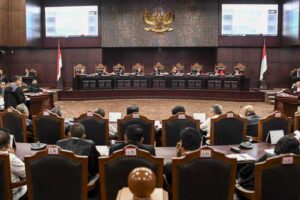
When asked about his thoughts on dynastic politics, Jokowi told reporters: “Just leave it to the people”. He did not elaborate.
The largest supporter group of President Jokowi has hinted that it will endorse his erstwhile rival Prabowo Subianto for next year’s presidential race as the group is set to announce its final decision over who it will support for the presidency over the weekend.
ProJo, a seven-million-strong volunteer group that has backed Jokowi since the 2014 presidential election, will unveil its decision at its national meeting in Central Jakarta.

According to Projo secretary-general Handoko, all regional branches of ProJo have proposed Prabowo of the Gerindra Party as their candidate, but noted that the group would align its political direction with the President’s.
Andi Widjajanto, a strategist who advised on President Joko “Jokowi” Widodo’s presidential campaign, has joined the camp of presumptive presidential candidate and Indonesian Democratic Party of Struggle (PDI-P) member Ganjar Pranowo.
Speaking about his new role supporting the former Central Java governor, Andi said he would lead a division in Ganjar’s campaign team dubbed “Politics 5.0”, which would provide strategy research and analysis, making use of artificial intelligence, big data and machine learning.
Presidential hopeful Prabowo Subianto leads the race among university students, whose political preferences are largely influenced by off-campus student groups, indicating the large influence these organizations have on young people, a recent survey has found.
The survey was carried out by the Research Center for Politics and Government (PolGov), a research body under the Gadjah Mada University’s (UGM) School of Social and Political Science, and examined 719 students across 31 universities in 29 provinces, many of whom were first-time voters.
An Indonesian court issued a ruling on the eligibility criteria for the country’s top posts that will pave the way for the eldest son of outgoing leader Joko Widodo to run for vice president in next year’s election.
In a decision that outraged critics of the president, the Constitutional Court ruled that candidates under the required age of 40 could seek the presidency or vice presidency in the Feb. 14 ballot, providing they have previously held elected regional office.
With all eyes on the Constitutional Court ahead of Monday’s ruling on the requirements for presidential and vice-presidential candidates, critics have called on court justices to reject the proposals amid fear of judicial overreach.
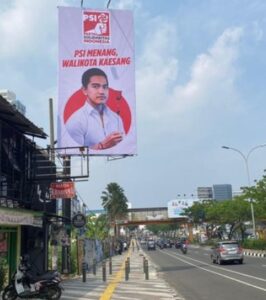
The Indonesia Solidarity Party (PSI), now chaired by President Jokowi’s youngest son, Kaesang Pangarep, is one of the petitioners asking the court to lower the minimum age from 40 to 35 on the grounds that the existing age limit was discriminatory.
Other petitions seek to maintain the current minimum age requirement, but with the addition of an exception for candidates who have experience as regional heads or deputy regional heads.
Observers have called on justices to instead reject these petitions, saying that the Constitutional Court has no jurisdiction over age limits and that the matter should instead be hashed out between lawmakers and government policymakers.
The vast volunteer network of outgoing Indonesian President Jokowi endorsed retired general Prabowo Subianto for president in February’s election. The endorsement from the “Projo” network, seen as a proxy for the president, is the strongest signal yet that the incumbent will back his former rival in the closely contested race. He has not yet officially endorsed any candidate.
Indonesia’s constitutional court ruled in favor of an appeal to lower the minimum age for presidential and vice-presidential candidates with legislative or regional leadership experience, paving way for younger contenders, including the president’s son, Gibran Rakabuming Raka.
Gibran, who’s currently the mayor of the president’s hometown of Solo, has already been touted as a potential vice-presidential candidate. One of the front runners for the presidency, current Defense Minister Prabowo Subianto, has publicly offered Gibran to be his running mate.
President Joko “Jokowi” Widodo dismissed growing criticism that he has been building a political dynasty as the end of his term draws near, saying the choice of leader should be left to the people.
Jokowi will complete his second and final term in October of next year but the involvement of his sons in politics leading into the presidential election on Feb. 14 has raised eyebrows in a country that broke free of authoritarian rule 25 years ago.
Days before candidates officially register for Indonesia’s elections, a game-changing ruling by the nation’s constitutional court has sparked concern over the integrity of the vote in the world’s third-largest democracy.
The ruling, issued by a court headed by the president’s brother-in-law, has raised fears of a resurgence of patronage politics in a country that only 25 years ago emerged from the authoritarian rule of strongman leader Suharto.
I don’t think there is a single person in Indonesia who wasn’t aware the application was fundamentally about whether the president’s son could run as a vice presidential candidate,” said Tim Lindsey, an expert in Indonesian law at the University of Melbourne.
In the end, it was an outcome that many had expected and once again, Indonesian democracy is put to the test. In the midst of growing opposition toward increased dynastic politics, the Constitutional Court ruled on Monday that anyone who has been elected to a regional post can run in a presidential election, regardless of age, clearing the path for President Joko “Jokowi” Widodo’s eldest son Gibran Rakabuming Raka to join the ticket of Gerindra Party presumptive presidential candidate Prabowo Subianto in next year’s ballot.
Few anticipated a different outcome from the court, especially given that the court Chief Justice Anwar Usman had a conflict of interest. Anwar is married to a sister of the President. Anwar had even made his personal opinion known on the issue weeks before presiding over Monday’s hearing.
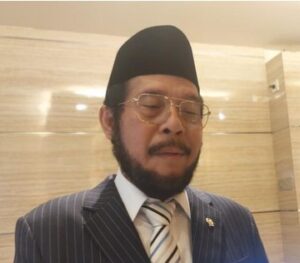 Last month, in a public lecture in Central Java, Anwar Usman said everyone should look up to a precedent set by Prophet Muhammad in appointing a 16-year-old as his military commander. We should make it clear that we are all for the lowering of age requirements for politicians to run for office, but the problem with Monday’s ruling was that by using the equality principle the court has deprived other political candidates of access to a level playing field.
Last month, in a public lecture in Central Java, Anwar Usman said everyone should look up to a precedent set by Prophet Muhammad in appointing a 16-year-old as his military commander. We should make it clear that we are all for the lowering of age requirements for politicians to run for office, but the problem with Monday’s ruling was that by using the equality principle the court has deprived other political candidates of access to a level playing field.
According to Patrick Ziegenhain, associate professor at the Department of International Relations at President University, Cikarang, West Java, one month before Indonesia’s presidential election final registration deadline, it is still not yet clear who will be running for the presidency. So far, it seems that Ganjar Pranowo, Prabowo Subianto and Anies Baswedan will be the candidates. Two weeks ago, however, speculation arose that Ganjar and Prabowo would run together on a single ticket.
A 2024 presidential election with three participants could contribute to a much lower degree of polarization and political unrest among the supporter groups. If, however, there are only two contenders, people may view the Prabowo/Ganjar and Anies/Ganjar teams as the representatives of the nationalist camp and Islamic camp, respectively.
Another aspect that should be considered is that a reduction of presidential candidates from three to two means less options for voters. There are not many democratic countries that have such a low number of candidates.


